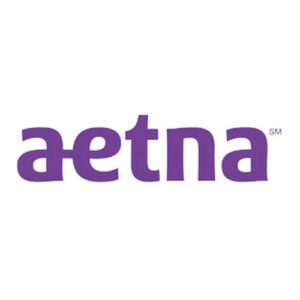What is an endoscopic gastric balloon?
The endoscopic gastric balloon is a non-surgical procedure designed to treat morbid obesity by limiting how much you can eat and increasing the feeling of satiety, through a saline-filled silicone-balloon placed in your stomach. This procedure is recommended if you are overweight and other methods – like diet and exercise – haven’t worked on you.
Why is this procedure done?
The placement of an Intra-gastric balloon helps you to lose weight, and thus reduces the risk of potentially serious weight-related health problems. An intra-gastric balloon is only recommended after you have tried losing weight by other lifestyle/habit related changes.
Types of gastric balloons
There are several types of gastric balloon, the following three are commonly used at Valiant Clinic & Hospital in Dubai:
- Elipse Balloon
Endoscopy is not required, it can be swallowed and is then inflated once in the stomach. - Spatz Balloon
Requires endoscopy, however, the size of the uniquely designed balloon can be adjusted at regular intervals to aid comfort or increased to achieve weight loss goals. - Orbera Balloon
A globally recognized balloon brand that’s placed endoscopically inside the stomach.
REQUEST AN APPOINTMENT
A member of our team will reach out to you & quickly get you booked in for an appointment with the most relevant member of our bariatric team.
MEET OUR TEAM
PROCEDURE ELIGIBILITY
An intra-gastric balloon is usually recommended for people with morbid obesity who are not eligible for weight-loss surgery, and also for people who want a temporary option for weight loss. After being assessed, the doctor will decide if the procedure is beneficial for you or not.
The following conditions are required to qualify for the procedure:
- BMI between 30 and 40.
- No history of stomach ulcers.
- Stay committed to healthy lifestyle changes.
BENEFITS AND POTENTIAL RESULTS
An endoscopic intra-gastric balloon can lead to significant weight loss, depending on how much you change your eating habits and lifestyle. Studies estimate the weight loss to be about 10 to 15% of body weight during the first six months after the placement of the intra-gastric balloon.
The following conditions may also be improved post the placement of the intra-gastric balloon.
- Diabetes
- Hypertension
- Hyperlipidemia
- Heart diseases
- Sleep apnea
- Osteo-articular
What are the risks?
Intra-gastric balloon is a safe procedure with only minimum chances of complications. Usually, patients suffer from pain and nausea after the insertion of the device. The symptoms last only for a couple of days and can be treated easily.
Prior to surgery
In order to be selected as a valid candidate for the procedure, your doctor might require you do some lab tests and also recommend a high-protein and low-carbohydrate diet for a few days before the surgery. You are not allowed to consume any food or liquid after midnight, the day before the surgical procedure.
During Surgery
Endoscopic Intra-gastric balloon is a non-invasive procedure performed using an endoscope, a flexible tube with a camera. The procedure involves the following steps:
- A thin tube will be advanced with the intra-gastric balloon down your throat into your stomach.
- The endoscope passes through your mouth into your stomach.
- The balloon is now filled with saline liquid.
Post-Surgrical Procedures
You won’t be allowed to eat or drink for about 8 hours after the surgery. After that, you will be placed on a liquid diet for two weeks. Then, you will be allowed to move to semi-solid foods and probably be able to start eating your regular healthy diet around three weeks after the procedure. Most people go home within the same day and it takes about 1-3 days to fully recover at home and return to work.
Intra-gastric balloons are left in place for no more than 6 months, after which they are removed using an endoscope.
PARTNERING WITH LEADING
MEDICAL INSURANCE PROVIDERS
We work with leading medical insurance providers in the country, if you have any questions or queries just give us a call on 8008254268.














